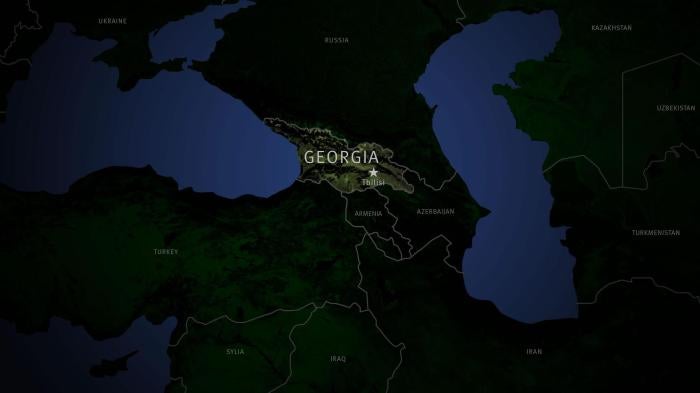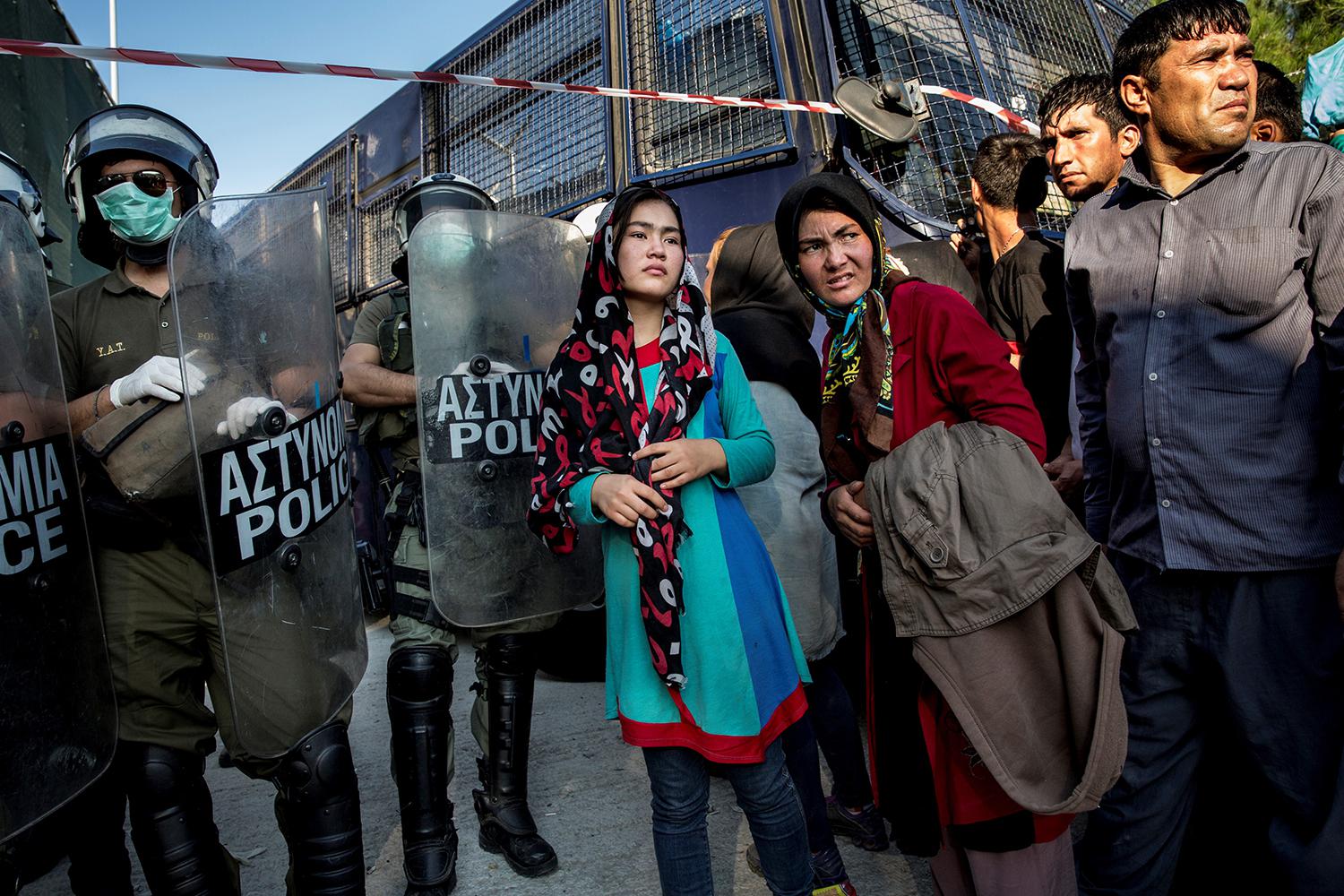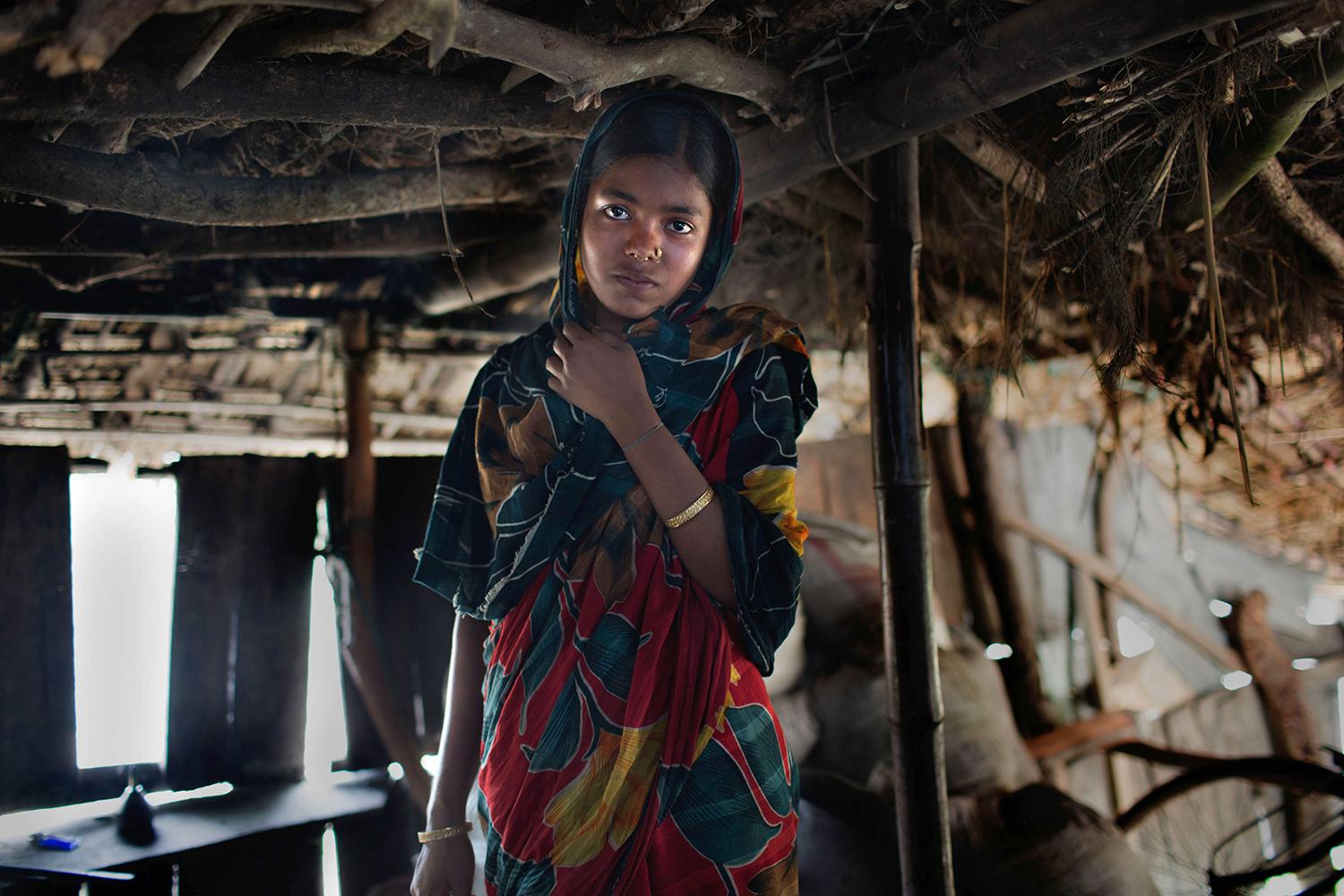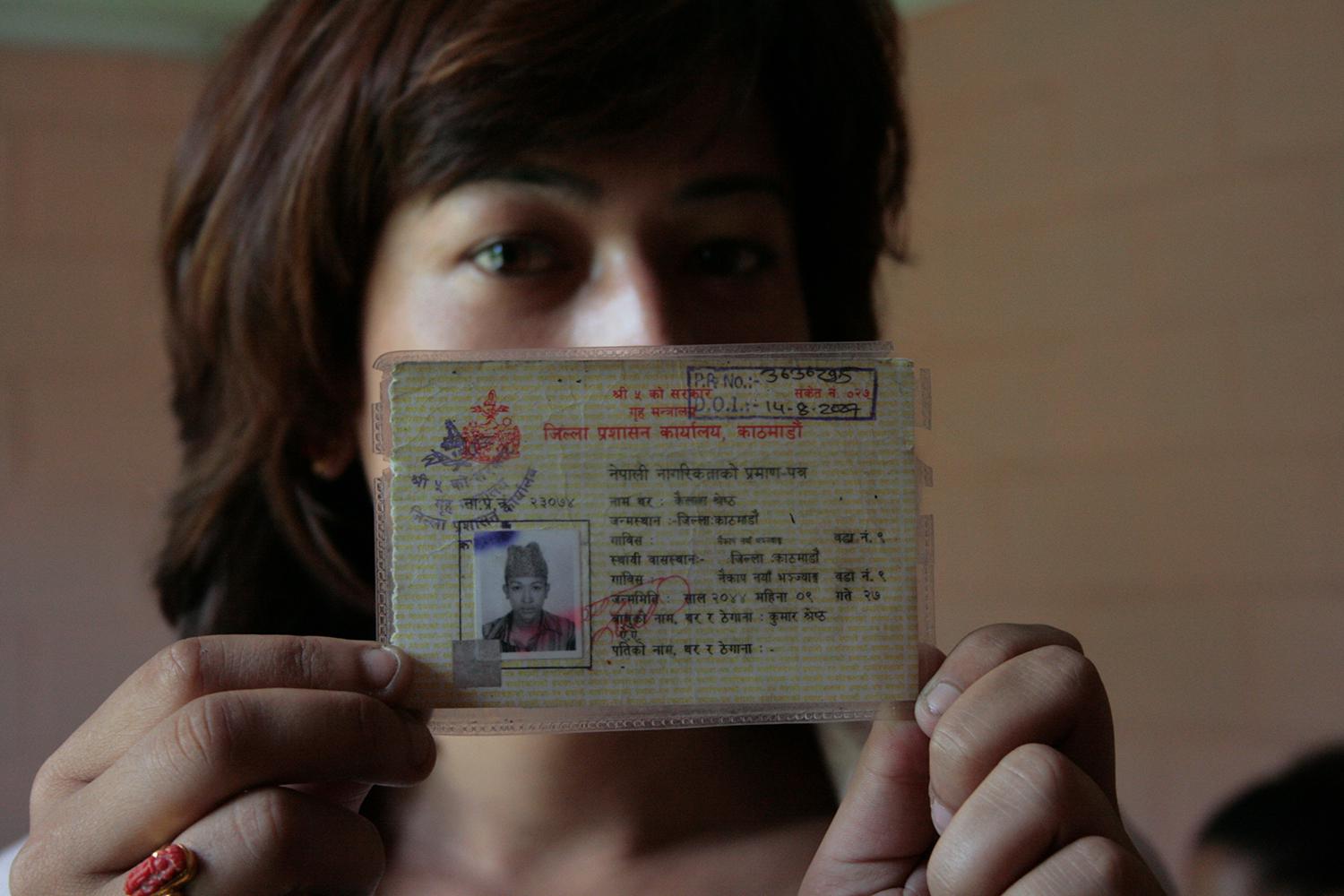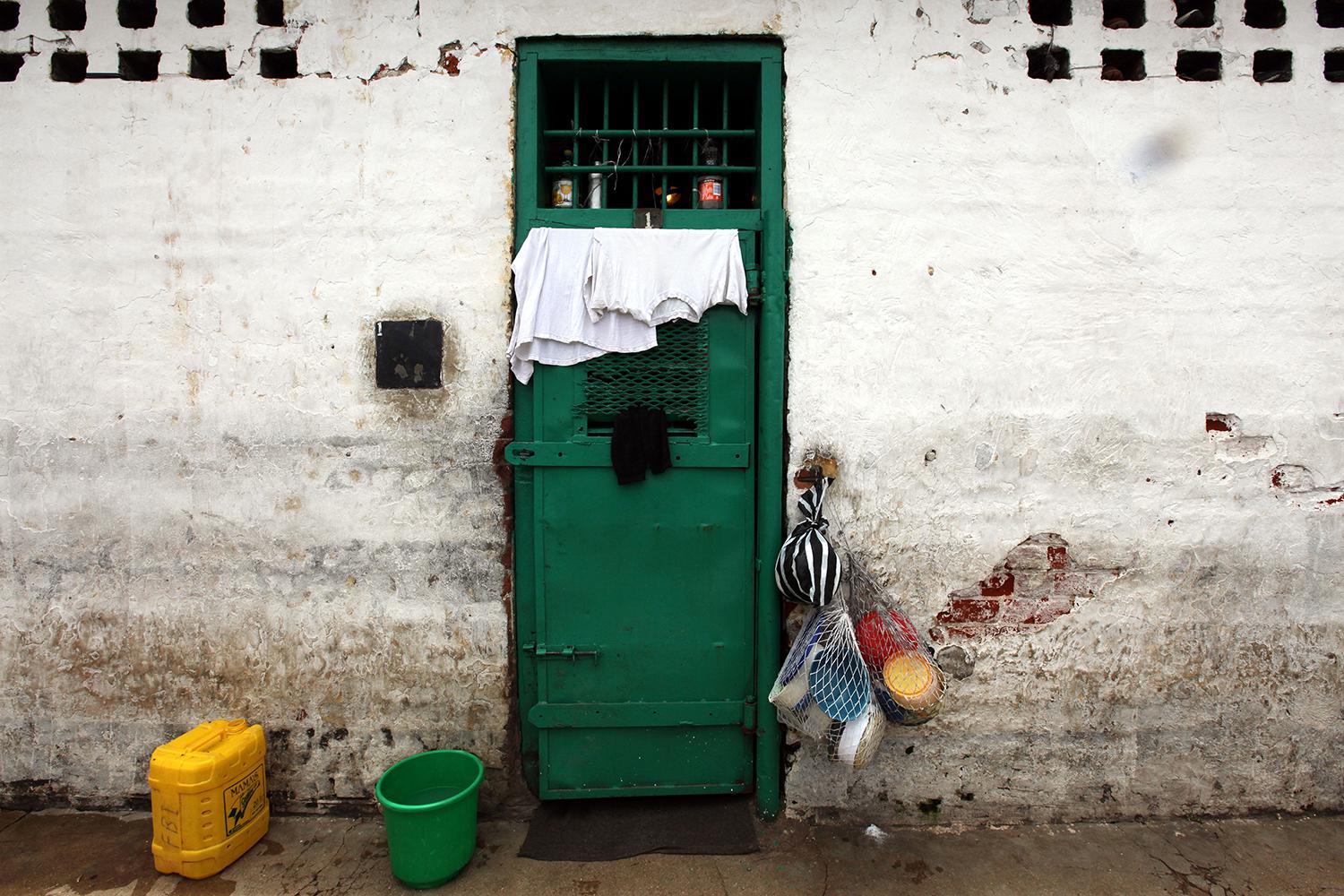Georgia’s human rights record remained uneven in 2015. The numerous investigations into alleged crimes by former officials raised questions as to whether they were being pursued on the merits of the cases, or were the result of selective justice and politically motivated prosecutions.
Law enforcement officers continued to use torture and ill-treatment and in many cases were not held accountable for abuses they committed. Media pluralism was threatened by the closure of several political debate programs and a dispute involving past and present high-level officials’ alleged interference in the ownership and management of the most-watched television station, Rustavi 2. The prosecutor of the International Criminal Court (ICC) requested the court’s authorization to investigate war crimes and crimes against humanity allegedly committed during the August 2008 war with Russia.
Justice
The Georgian Dream coalition government continues to investigate dozens of criminal cases against former officials who served under the previous government, led by the United National Movement (UNM) party. Authorities selected these cases from thousands of complaints citizens filed after the UNM was voted out of office in 2012. UNM members and supporters allege that the prosecutions are politically motivated, pointing to the absence of clear criteria for determining which cases to prosecute, and that investigations overwhelmingly target UNM members.
In September, the Tbilisi city court sentenced Gigi Ugulava, the UNM leader and Tbilisi ex-mayor, to four-and-a-half years in prison on misappropriation charges. Ugulava was acquitted of separate money laundering charges. The verdict came the day after his release from pretrial detention following a Constitutional Court decision that Ugulava’s 14-month detention exceeded the constitutionally mandated limit of 9 months.
In October, a court in the city of Kutaisi ordered pretrial detention for three activists from the UNM party and its affiliated nongovernmental organization (NGO), Free Zone, following a confrontation with a Georgian Dream parliamentarian during a protest in front of parliament. Georgia’s public defender, Ucha Nanuashvili, called the court decision to remand them into custody “excessive,” and accused the courts of selective justice. He noted that courts had not taken pro-government suspects into custody in similar cases, involving violent attacks against opposition UNM parliamentarians.
Also in October, police briefly detained Tabula television station’s chief and producer, as well as an activist, as they hung posters criticizing government negotiations with Russia’s energy giant, Gazprom, on a fence and street lamp in Tbilisi. The three faced misdemeanor charges. Tabula is known for criticism of officials.
Targeting Political Opposition
In October, pro-government groups, including local municipal employees, held rallies outside UNM party offices in at least 19 towns. The groups variously nailed or welded doors shut, shattered windows, painted graffiti, and splattered red paint on UNM offices. Media reported that police present at some locations of the attacks did not intervene.
Following the group attacks, Prime Minister Irakli Garibashvili publicly called the UNM a “criminal organization,” and said that “aggression” against the party is “natural.” Some NGOs said Garibashvili’s remarks effectively condoned the violence.
The attacks on UNM offices occurred after the online publication of a graphic video of prison officials sexually abusing two detainees in 2011, when UNM was in power. The videos appeared after polls showed a decline in public support for the ruling Georgian Dream coalition, leading to UNM accusations that the authorities may have leaked the videos to distract public attention.
Pro-government supporters organized public outdoor screenings of the video in downtown Tbilisi and Zugdidi on October 18. Local officials from the ruling coalition participated in the Zugdidi screening. Georgia’s public defender and NGOs condemned the screenings.
In September, pro-government groups held multiple rallies outside the private residences of the constitutional court chairman, condemning the court’s decision to release former Tbilisi Mayor Ugulava from pretrial detention, threatening the chairman and his family, and throwing tomatoes and eggs at his home. Under Georgian law, threatening a judge is a criminal offense, and holding a protest outside a judge’s residence is a misdemeanor. In October, the chairman informed the authorities of the threats, but police did not respond.
Torture and Ill-Treatment
Georgia does not have an effective, independent mechanism to investigate crimes committed by law enforcement officials, resulting in frequent impunity. The Georgian Young Lawyers’ Association (GYLA), a leading human rights group, received at least 41 allegations of torture and ill-treatment in 2015 through October; 23 of them concerned abuse by police, and 18 by prison staff. According to GYLA, the authorities failed to effectively investigate those allegations.
In November, a lawyer, Giorgi Mdinaradze, said that he was beaten at a police station by five policemen, including the station chief, after advising his client to exercise his right to silence. Authorities arrested the police chief on charges of abuse of office with use of violence.
In June, the prosecutor’s office brought defamation charges against Giorgi Okropiridze, a pretrial detainee in Tbilisi, for allegedly providing false testimony to the public defender about ill-treatment in custody. A court imposed additional time in pretrial detention following the defamation charges. The public defender said the decision undermined trust in his institution and violated international obligations to prohibit official retaliation when people provide information to the national mechanism for the prevention of torture.
Freedom of Media
An ownership dispute over Georgia’s most-watched television broadcaster, Rustavi 2, raised concerns about ongoing government interference in media. Kibar Khalvashi, Rustavi 2’s owner from 2004 to 2006, filed a lawsuit in August to reclaim his shares, saying that in 2006, then-UNM government leaders forced him to sell. In November, the Tbilisi City Court ruled in Khalvashi’s favor, and also appointed interim management for Rustavi 2, a move local human rights groups criticized as an attempt to effect the channel’s editorial policy. A week later, the Constitutional Court suspended the civil procedure code clause that had allowed the appointment of temporary managers. Rustavi 2’s current owners allege that the lawsuit is a government-orchestrated move to take over the opposition-minded station and plan to appeal the court decisions. Rustavi 2 claimed significant financial and logistical constraints from the lawsuit, including a court-ordered asset freeze against it and its majority shareholder company.
In October, Rustavi 2 Director Nika Gvaramia alleged that a government official threatened to leak a personal video of him if he refused to “step aside” from the station. Prosecutors initiated an investigation into the alleged threat. A few days later, secret recordings appeared online, allegedly of Gvaramia receiving instructions from former Georgian President Mikheil Saakashvili, to prepare for possible “physical confrontation” with the authorities to defend the station.
Many of Georgia’s international partners expressed concern about the Rustavi 2 case, including the United States Department of State and the Organization for Security and Co-operation in Europe (OSCE) representative on freedom of media.
In August, Imedi TV, the second most-watched station, suspended its political talk shows. Inga Grigolia, a host of one and co-host of another talk show, alleged interference from authorities in the decision.
Sexual Orientation and Gender Identity
In October, the Tbilisi City Court acquitted a Georgian Orthodox priest and three other men on charges of disrupting an anti-homophobia rally in Tbilisi in May 2013, citing lack of evidence to prove the defendants’ guilt beyond a reasonable doubt. Thousands of counter-demonstrators, including some Orthodox clergy, had violently disrupted the peaceful rally. Although police evacuated rally participants to safety, they failed to contain the mob, which threw stones and other objects at a van carrying participants.
In August, a court acquitted a man of premeditated murder after he stabbed to death a transgender woman, Sabi Beriani, and set her apartment on fire, apparently to cover up the crime, in November 2014. The court sentenced the defendant to four years’ imprisonment for violence and property damage. Rights groups urged the prosecutor’s office to appeal the decision and recognize hate as an aggravating circumstance in the crime.
Key International Actors
The ICC prosecutor requested the court’s judges to authorize an investigation into alleged crimes committed during the 2008 conflict between Georgia and Russia, including by South Ossetian forces (in some cases, with the possible participation of Russian forces) and also by Georgian forces.
In its March European Neighborhood Policy progress report, the European Union noted some improvements, but also highlighted the need to ensure separation of powers and judicial independence, avoid “political retribution, confrontation and polarization,” and increase the accountability of law enforcement.
In March, the United Nations special rapporteur on torture visited Georgia. He noted progress, but also highlighted areas for improvement, including more contact between prisoners and family members and prisoners’ access to recreation.
In an October resolution, the Parliamentary Assembly of the Council of Europe criticized Georgia for “abuse of pretrial detention,” including to “discredit or otherwise neutralize political competitors.”
Also in October, the assembly’s co-rapporteurs for Georgia issued a statement following a country visit highlighting key issues, including media freedom, criminal justice reform, and the electoral system.
In a November statement, the US-Georgia Strategic Partnership Commission, the primary bilateral dialogue to deepen cooperation between the countries, commended Georgia’s reform efforts, but called for improvements, including in elections, media freedom, and judicial independence.
